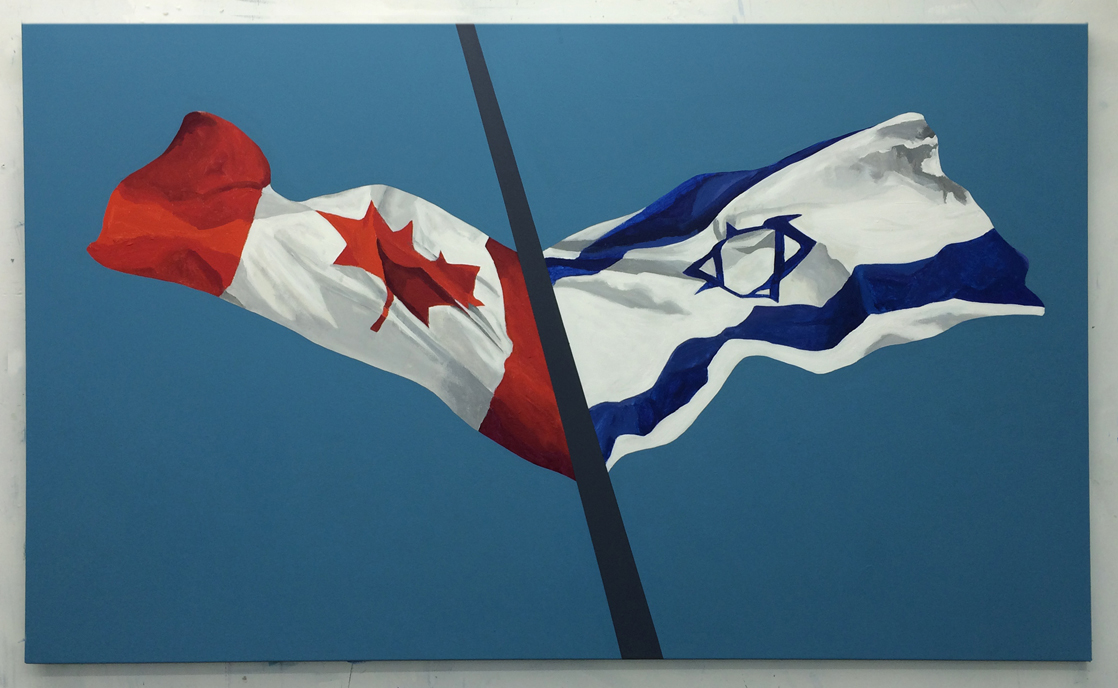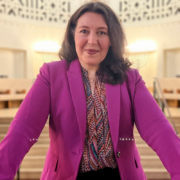This Morning’s Call with the Prime Minister
Shalom, Holy Blossom. I write to you from a much-needed family vacation.
Yesterday I was invited to speak with the Prime Minister. I believe the invitation came in response to the op-ed piece I recently wrote for the Toronto Star. https://www.thestar.com/opinion/contributors/my-prayer-for-2024/article_29cc81bc-a5ae-11ee-98de-e36d2799d250.html
I understand many congregants have shared it with non-Jewish friends and colleagues as well as with family in Israel. I’m glad for that and hope it is received well by all.
I am grateful for this morning’s call with Prime Minister Trudeau and for the opportunity to reinforce the messages coming from you and the Canadian Jewish community. We touched on many points from antisemitism to policing, to the role of faith leaders, to yesterday’s proposal from Gallant, to Canadian values, and Canada’s role on the world stage – past and present.
Here is the thank you note I sent after this morning’s call.
Dear Prime Minister,
I am very grateful for the opportunity to speak with you earlier today. I hope it is evident that my personal comments come from my deep love for Canada and my deep love for Israel. I am very proud to be a Canadian and although I am not a citizen of Israel, I am attached to the Land of Israel and to the People of Israel by an eternal and sacred bond.
In Holy Blossom Temple’s Bloomberg Centre for Jewish Leadership hangs an original painting by celebrated Canadian artist, Charles Pachter. I asked Charles to create the piece, entitled “Side by Side,” in memory of his parents, who were great Zionists. The two flags of Canada and Israel stand proudly together and help to guide the decisions we make around the Board Room table of Holy Blossom Temple, Toronto’s first synagogue. I’ve attached the image here for you to enjoy. I hope it will similarly inspire your allyship with Israel, your protection of Canadian Jewry, and the direction you set for all Canadians to follow.
We spoke today about our shared Canadian values. I remember well when you came to Holy Blossom to honour The Tailor Project. The very moving occasion told the story of how our Past President, Max Enkin, of blessed memory, went to the DP camps in the aftermath of the Holocaust and, in partnership with Canadian Immigration officials, brought many “tailors” to Canada. You may recall that evening’s program ended with a tailor, a newcomer from Syria, presenting you with an expertly stitched dress shirt. This is how the Jewish People teaches our history. We hold up our ordinary heroes, lift up their guiding principles, and commit to living by them in the here and now. As I write to you, many of my congregants continue their steadfast support of Muslim, Yazidi, and Christian newcomers from Syria, Afghanistan, Iran, Sudan, Eritrea, and Nicaragua. The news of the day could very easily cause the Jewish community to “circle the wagons” and turn inward, but that is not who we are. We believe we must take care of our own people and others simultaneously. If we turn away from one commitment or the other, we risk losing ourselves. We know who we are. We know where we come from. And we do our utmost to live according to the sacred values enshrined in our Torah.
We must clearly discern between those who are innocently caught in conflicts and are, therefore, deserving of our empathy and support, and those who perpetuate and perpetrate conflicts and must, therefore, be confronted. I believe Canada, home to the world’s fourth-largest Jewish population, has a very important role to play now. I pray you will use your voice to amplify the call for moral clarity on the world stage.
You are always welcome at Holy Blossom Temple. If you should ever want to address our congregation — in person or online – we would welcome the chance to hear directly from you. And while it is not my invitation to extend, I am confident that a trip to Israel would go a long way to reassure the Canadian Jewish community that Canada and Israel really do stand “side by side.”
With prayers for a more peaceful world in 2024,
L’Shalom,
Yael.
And here is our treasured “Side by Side” by Charles Pachter. May its strength be a comfort to you now.

Shabbat Shalom.
Yael.




